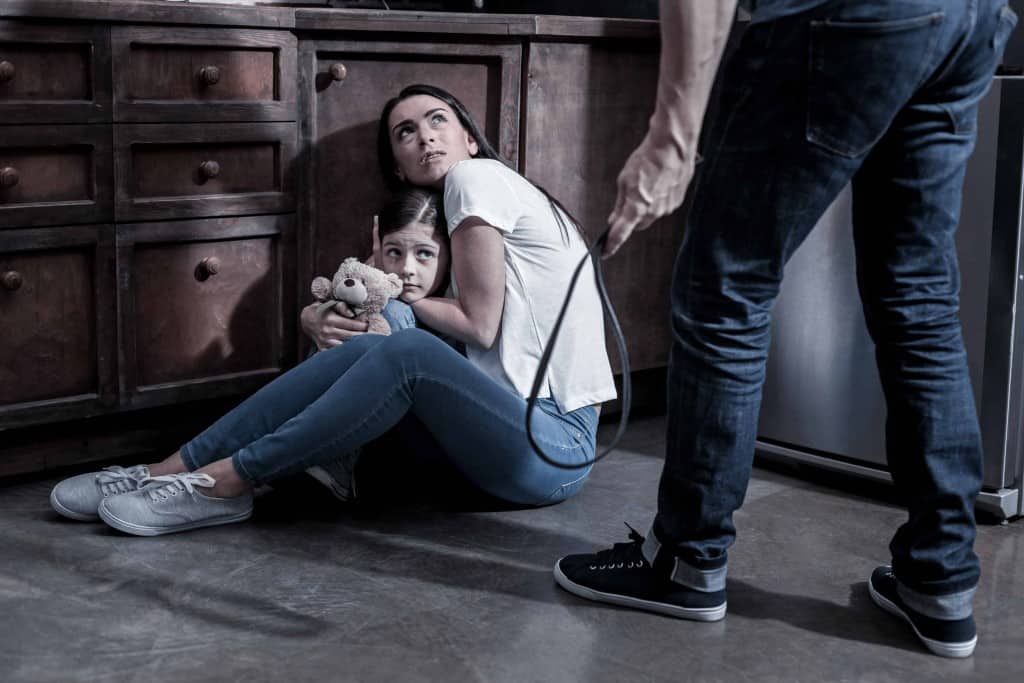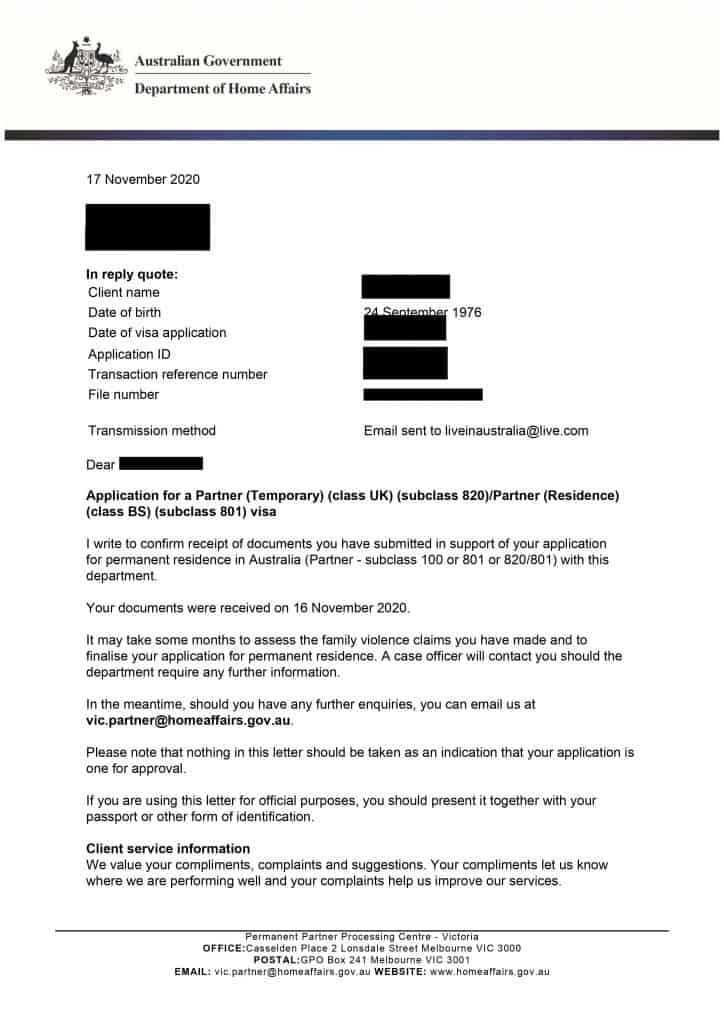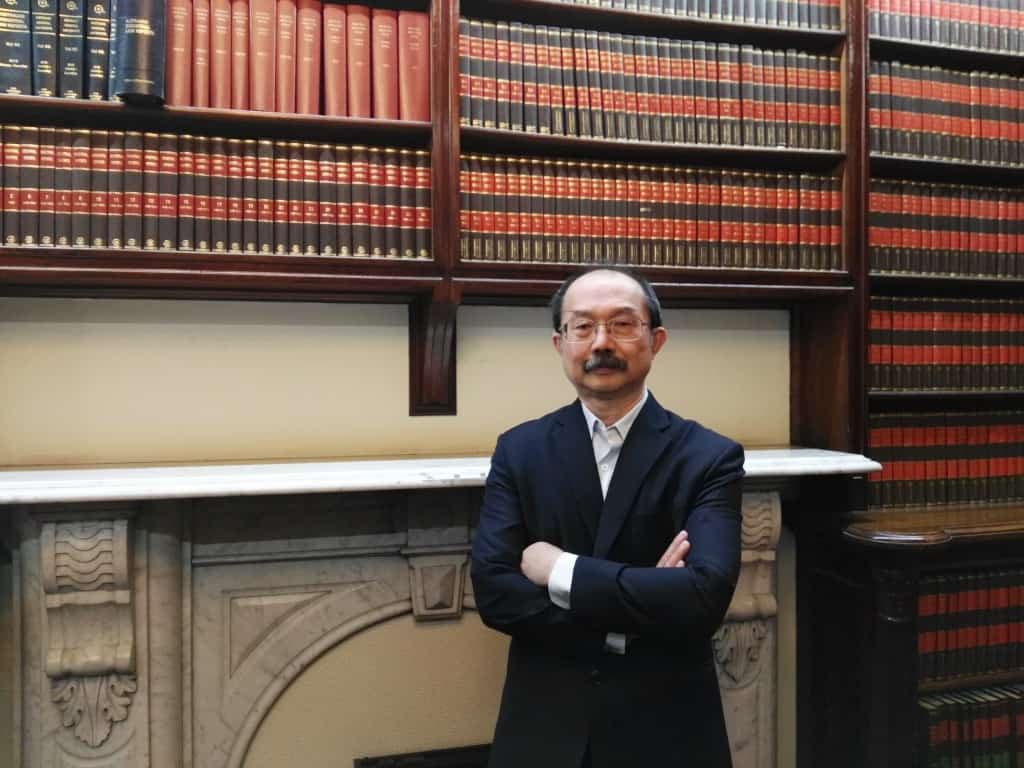
Domestic violence and your partner visa
Domestic violence and your partner visa – if you are on a partner visa (click here for more information on prospective marriage subclass 300 visa or offshore subclass 309 partner visa or onshore subclass 820 visa) and your relationship with your sponsor partner has broken down due to you having suffered domestic violence it is still possible for the Department to grant you a permanent partner visa (click here for more information on offshore subclass 100 visa or onshore subclass 801 visa).
Domestic violence or family violence refers to a conduct by your sponsoring partner that makes you fear for your own or your family’s safety and wellbeing. Domestic violence can be your sponsoring partner’s violent behaviour directed at you, your family (for eg, a child from your previous relationship), or pet(s), or property.
Domestic violence is a crime in Australia and you, and your family members do not have to remain in a relationship with your sponsoring partner if you fear for your or their safety in order to stay here.
What is domestic violence?
This article will help you to understand what is domestic violence and your partner visa.
Domestic violence can be physical violence against you or your family or your pet(s) and they can be:
- punching
- hitting
- kicking
- pushing
- choking
- sexual assault
Domestic violence can also be:
- verbal or emotional abuse against you or your family member, or
- your sponsoring partner’s controlling behaviour, or
- your sponsoring partner stalking you or your family member, or
- technological facilitated abuse such as abusive phone calls or messages, taking over your online account(s) or threatening to share or sharing sexual image of you without your permission or using fake online social media accounts to harass you or post bad comments about you online or using tracking or spyware to track you, or
- financial abuse such as taking money away from you or not providing you with money unless you follow your sponsoring partner’s instruction, or
- your sponsoring partner abusing your parent(s), or
- your sponsoring partner preventing you from seeing or talking to your friends or family or demanding dowry from you.
You should know that no one, including your sponsoring partner, can cancel your visa. Only the Department or the Minister has the power to refuse or cancel your partner visa.
If your sponsoring partner is on a permanent visa (click here to learn about RRV subclass 155 visa), his or her visa may be cancelled if they have engaged in domestic violence against you.
If you believe your sponsoring partner has committed domestic violence against you and you are in danger, call the Police on 000. The Police can apply for a protection order for you.
If you have experienced domestic violence you can apply for a protection order in any state or territory. A protection order granted to you will be recognised in all of Australia.
A domestic violence protection order is also known as:
- domestic violence order
- family violence order
- restraint order
- personal protection order
- intervention order
- apprehended violence order
- family violence intervention order

Domestic violence and your partner visa: What can the department do?
If your relationship has broken down or you are separated from your sponsoring partner because of domestic violence, you should contact the Department as soon as possible. The Department will work with you to resolve your visa status. However, unless you are facing immediate harm or where a child is involved, the Department will not refer the domestic violence to the police without your permission.
Domestic violence and your partner visa: Can you be granted permanent visa?
If your relationship has ended because your sponsoring partner had committed domestic violence against you or a family member while you are on one of the following temporary partner visa, the Department may grant you a permanent partner visa:
- you came to Australia on a prospective subclass 300 marriage visa and you married your sponsoring partner and applied for onshore partner subclass 820 visa, or
- you have been granted a temporary onshore subclass 820 partner visa, or
- you arrived in Australia while holding a temporary offshore subclass 309 partner visa.
Before the Department can grant you a permanent partner visa, you will be required to prove:
- if you are on a prospective marriage subclass 300 visa, you would have continued to be your sponsoring partner’s spouse if not because of your relationship breakdown, or
- if you are on temporary partner visas (subclass 309 and subclass 820), you would have continued to be your sponsoring partner’s de facto partner or spouse if not because of your relationship breakdown, and
- your relationship broke down because domestic violence was directed at you or your family member or your sponsoring partner’s family member, or your or your sponsoring partner’s property and the domestic violence took place during your relationship with your sponsoring partner.
Evidence to prove domestic violence and your partner visa
- Judiciary or court evidence
You can provide 1 of the following court documents:
- a joint undertaking between you and your sponsoring partner, or
- a Family Law court injunction against your sponsoring partner, or
- a court order against your sponsoring partner under a state or territory law, or
- a record that the court has convicted your sponsoring partner of assault against you or your family member, or
- a record that the court has recorded a finding of guilt against your sponsoring partner of assaulting you or your family member.
- Non-judiciary or statutory declarations
You can complete form 1410 detailing details of your domestic violence incident(s) and provide 2 of the following documents with a statutory declaration.
- medical report, hospital report, discharge summary and/or statutory declaration made by a registered medical practitioner or a registered nurse identifying you as the victim, detailing the physical injuries or treatment for mental health caused by the domestic violence, and/or
- police report or record of the assault, witness statement (witness can be anyone but not you) or statutory declaration given to a police officer during the course of the police investigation identifying you as the alleged victim, identifying the person who committed the domestic violence and details of the domestic violence incident(s), and/or
- child welfare authority or child protection authority report or statutory declaration detailing fears for the child’s safety due to domestic violence in your family and identifying the person who committed the domestic violence, and/or
- social worker who is or eligible to be a member of the Australian Association of Social Workers and who has provided you with counselling or assistance and providing a statutory declaration stating their opinion that you were subject to domestic violence, the reasons for having this opinion and identifying the person who committed the domestic violence, and/or
- registered psychologist treating you and provide a statutory declaration identifying the person committed the domestic violence, their opinion that you were subject to domestic violence and the reasons for believing you are a victim of domestic violence, and/or
- family consultant appointed under the Family Law Act 1975 or a family relationship counsellor working at a Family Relationship Centre listed on the Australian Government Family Relationships website providing a statutory declaration stating that you have been treated or counselled, their opinion that you were subject to domestic violence, their reasons for believing and identifying the person who committed the domestic violence, and/or
- school principal or school counsellor providing a statutory declaration stating that they have made, or been made aware of, observations that are consistent with your claims of having experienced domestic violence, identifying the person who committed the domestic violence and detailing their observations.
Click here to learn more about family violence and how to obtain a permanent visa or click here to learn more.
Australian migration law is complex and difficult to understand, contact our immigration lawyer for a consultation (fee applies) to help understand domestic violence and your partner visa.

 041 222 402 or WeChat: AUDvisa
041 222 402 or WeChat: AUDvisa
This article is not intended to be or taken as migration legal advice. The author of this article disclaims any liability for any action or omission on the information provided or not provided in this article. You should always consult an immigration lawyer or a registered migration agent to form an informed opinion on your immigration matter.



